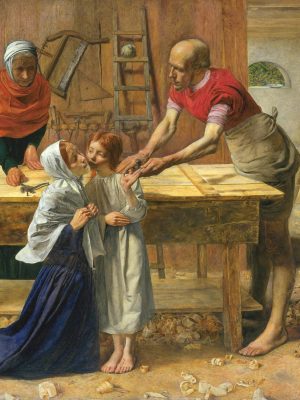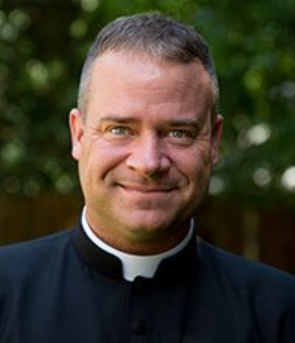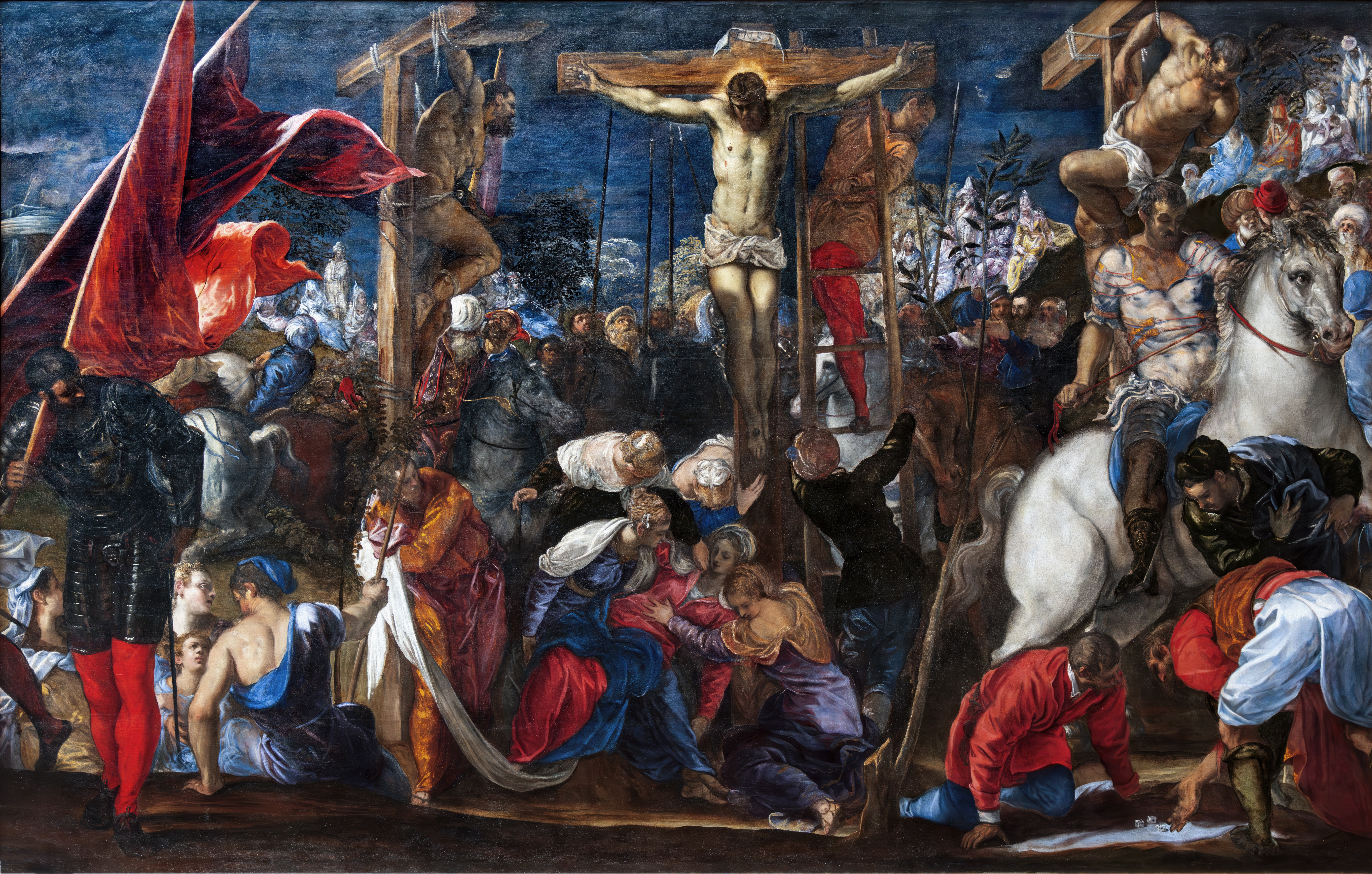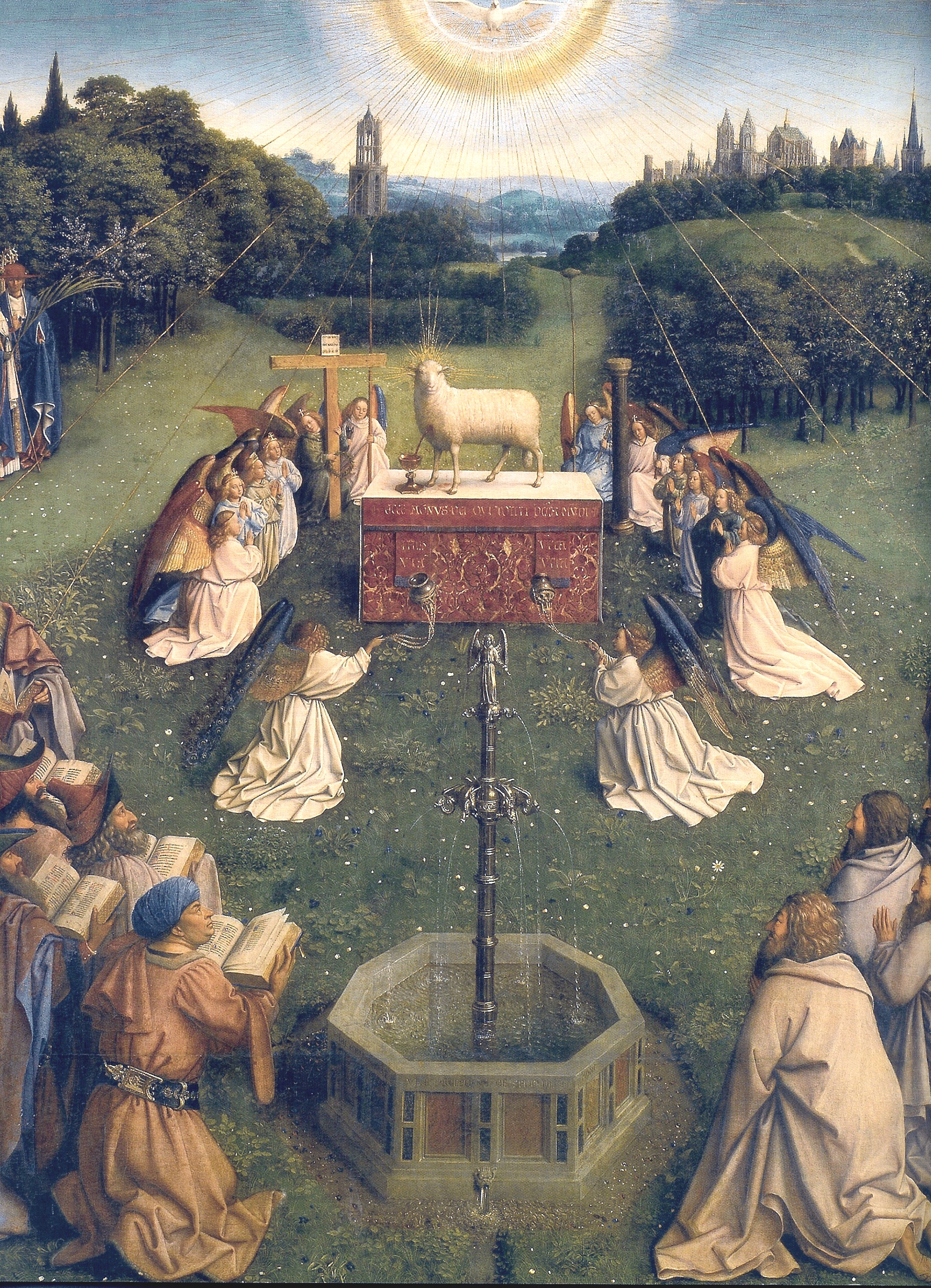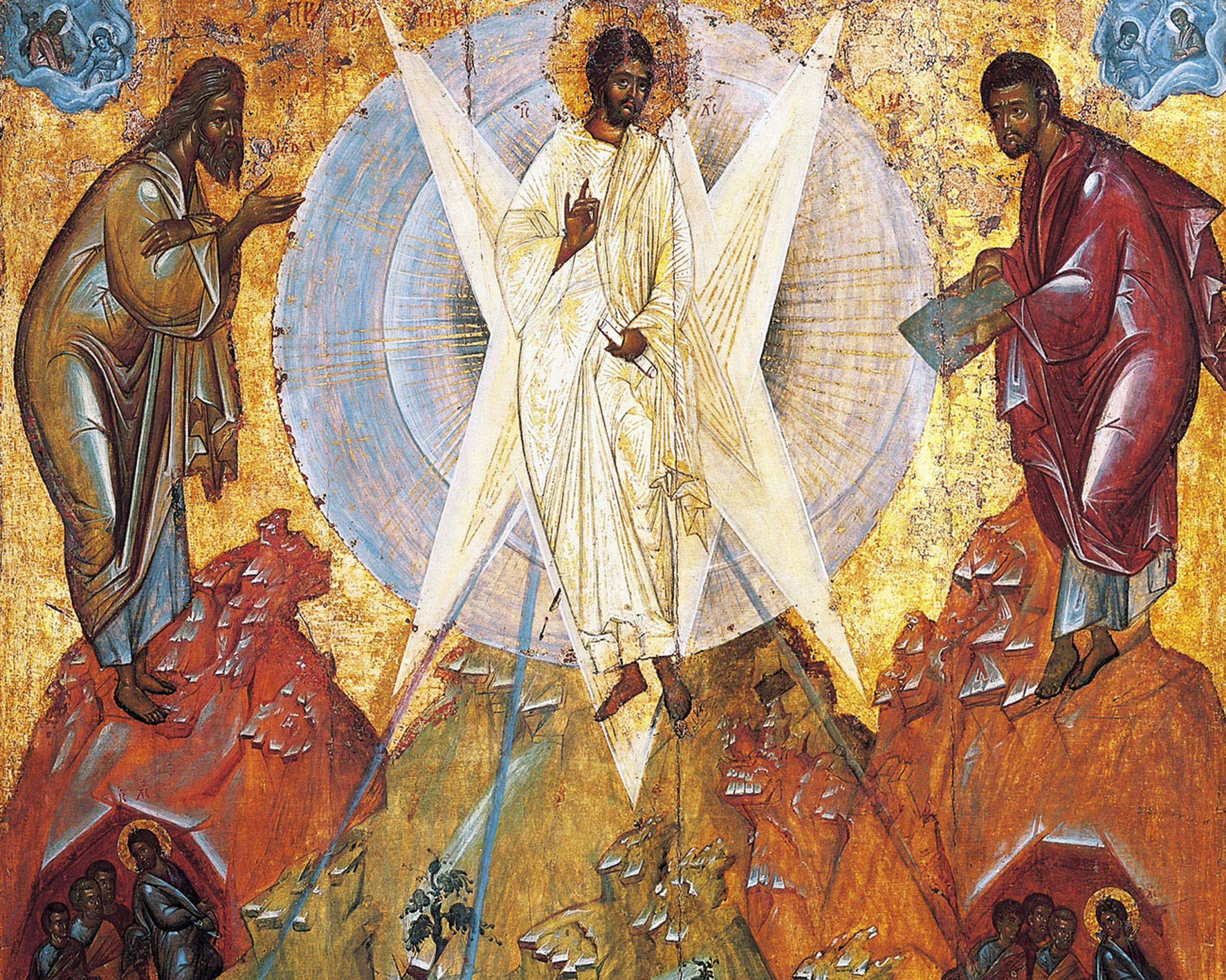In these excerpts, taken from the Imitation of Saint Joseph, Fr. Kauth reflects on the sense of home and where Saint Joseph’s home was. He describes the head of the Holy Family as a vagabund of Christ and the “pastor of the first parish” without the comfort of a physical home. Although Saint Joseph had no physical location to call home, his home was Mary and Jesus since your “home is where you love”.
The Sense Of Home
Rise, take the child and his mother” (Mt 2:13; 2:20). One lives where one loves. What makes up one’s world are those persons and things that are beloved. Places can indeed be loved, but places are loved in large measure because of what happened in those places with persons. Place is the stage upon which someone was loved, the setting in which the soul was penetrated by a shaft of beauty, a tectonic shift of vision, or a sense of home.
A Vagabund Of Christ
The word nostalgia itself comes from the Greek denoting that pain of longing for one’s home and the desire of return. Where was your home, Joseph? You are from the tribe of Judah and a descendent of King David. Bethlehem is your home. Yet what sort of a home is it when upon arrival with a bride about to give birth, no one welcomes you? There is no one to receive you and no one to lodge you? Christ came to His own, and His own received Him not. It was the same with you. Where were your own people? Nazareth? To be sure, it was familiar in the sense of familial. It was there that you grew. It was there that you trained your hands at your trade. It was there that you met her. Yet was it home? Like so many of your fathers, you had to rise and go to a land that the Lord would point out to you. Abraham had done this. Isaac had done this. Jacob had done this. Moses had done this. A man after the heart of God has no true home here. He is a stranger and a sojourner (see Gn 23:4), and God is a stranger and a sojourner with him (see Lv 25:23).
God’s people have always been aliens because God has been an alien in our world since the Fall. Foxes have dens and birds of the air have nests, but the Son of God has none (see Lk 9:58). Nor those who follow Him. Each one that follows Christ is a vagabundus, a homo viator.
The Pastor Of The First Parish
And He has traveled with us. In tents we dwell until we reach our true homeland. Currently, we wander but we rest in various outposts. We have inns, as it were, in which to rest and refresh ourselves. There we are “no longer strangers and aliens, but you are citizens with the saints and members of the household of God” (Eph 2:19). The inns we call parishes. Parish comes from paroikeo, meaning a temporary dwelling place outside the city. The city is our home, but we are not home yet. A parish is a dwelling outside the eternal dwelling place, and it is God that dwells there beside us. Joseph was the innkeeper, the pastor of the first parish.
The Home Of St. Joseph
Where was your home, Joseph? It was where the child and His mother were. It was where you took them. It was made sometimes of brick and mortar, wood and stone, sometimes of cloth and post, sometimes it was nothing more than the shade cast by you, leaning over the child and His mother to block the harsh face of the noonday sun. They were your home because your home is where you love. Geography looks insignificant when your whole world is riding on an ass beside you. That world moves not as some impersonal oscillation but in a choreography of love. You each turn here to see this, turning there to see that, looking back to see them, and they to see you. Every foray you made into this hamlet or that oasis became the dwelling place of God. Each tree that gave you shade became a temple, each breeze a flabellum. It was not Rome but some small dwelling whose residence offered you a glass of water that became in that act caput mundi et urbs sacra. You yourself were a sort of pontifex maximus leading that beast of happy burden across streams with such sacred cargo. You were a scutarius and the rector orbis. You the outer wall of the temple and she the interior. You were always home since He was home in you. Permit me to gaze on that world, to ask questions, to be impertinent perhaps, and pry. If you are silent, the images will nevertheless speak. To turn my mind to your world is my life, for it is where I long to love and so to dwell.
ooo
This article is taken from a chapter in The Imitation of St. Joseph by Fr. Matthew Kauth which is available from TAN Books.


